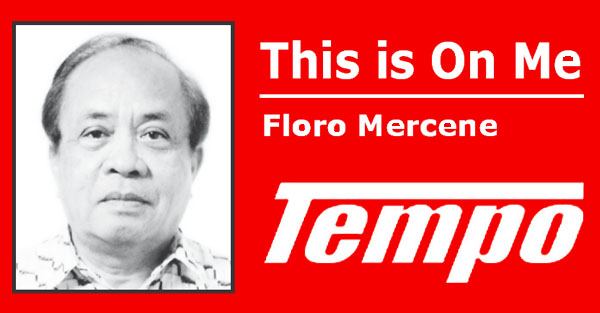by Floro Mercene
Osteocalcin is a substance given off in bones by cells called osteoblasts. Osteoblasts help build up bone tissue, and the osteocalcin they release is an important protein that is critical to the formation and maintenance of bones. It also acts as a hormone to adjust insulin and glucose levels, increase testosterone, and improve muscle strength and cognitive function.
As researcher Gerard Karsenty, MD., Ph.D., points out, “In previous studies, we found that osteocalcin plays multiple roles in the body, including a role in memory. We also observed that the hormone declines precipitously in humans during early adulthood. That raised an important question: Could memory loss be reversed by restoring this hormone back to youthful levels?” “The answer, at least in mice, is yes, suggesting that we’ve opened a new avenue of research into the regulation of behavior by peripheral hormones.” The study was recently published in the Journal of Experimental Medicine. He conducted a series of experiments to evaluate osteocalcin’s role in age-related memory loss. The Columbia tests indicate that osteocalcin hooks up with a neuron receptor called Gpr158 that is found mostly in neurons within the brain location called CA3 region of the hippocampus – which forms one of the brain’s primary memory centers.
In their animal studies, the researchers have already found that 60 days of infusions of osteocalcin restored the learning and memory abilities of older animals to the point they were just as mentally nimble as younger animals. And transfusions of blood rich in osteocalcin had the same memory-restoring benefits.
Karsenty said there were no toxic side effects and added: It’s a natural part of our body, so it should be safe. But of course, we need more research to translate our findings into clinical use on humans.

